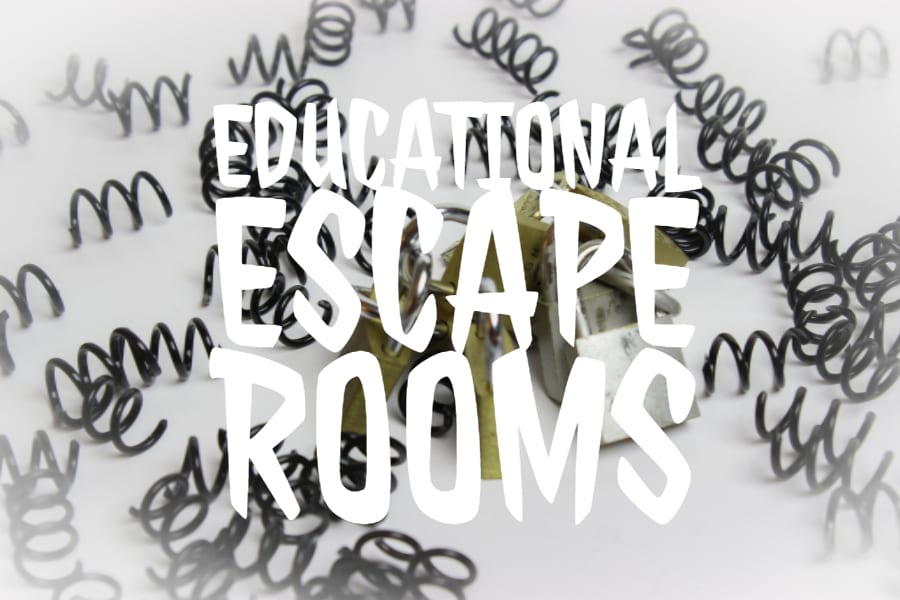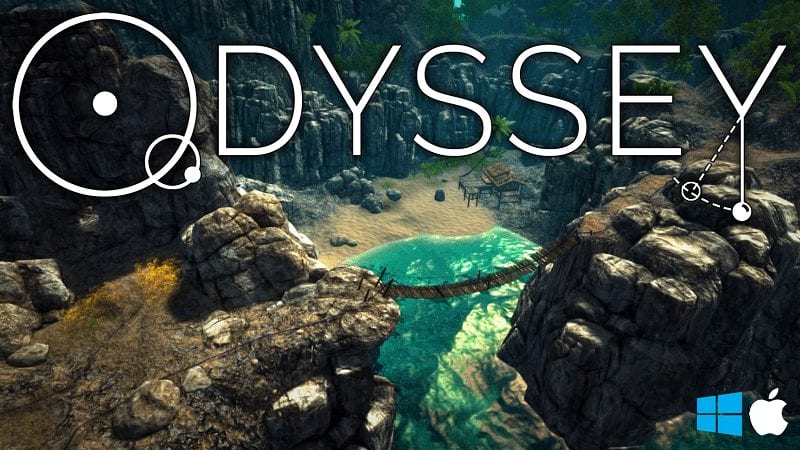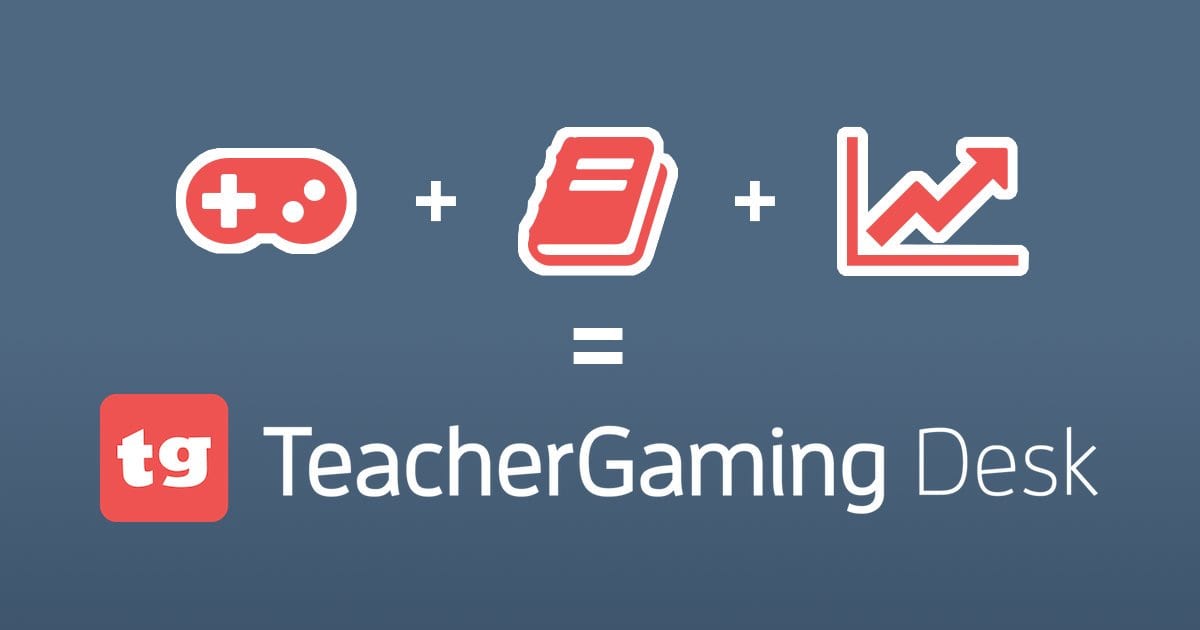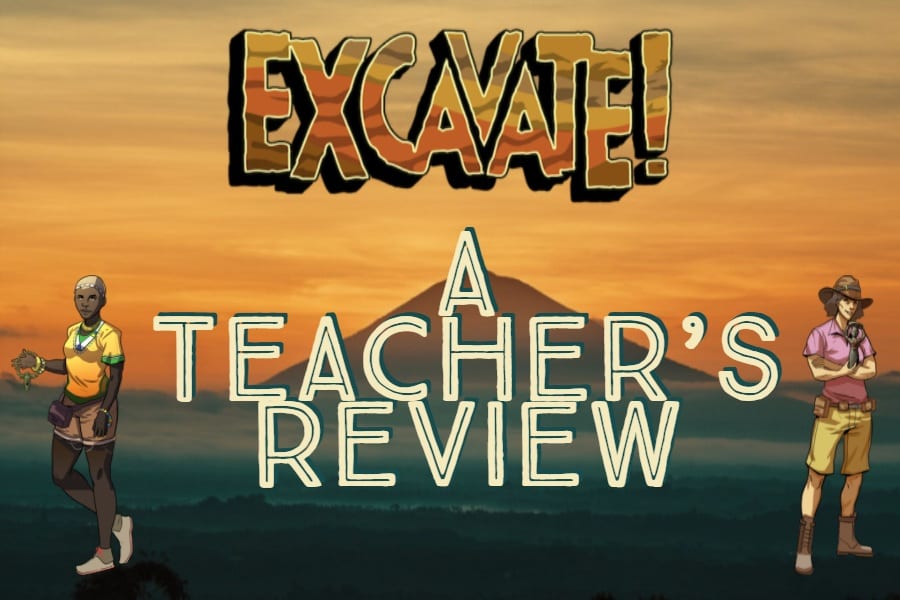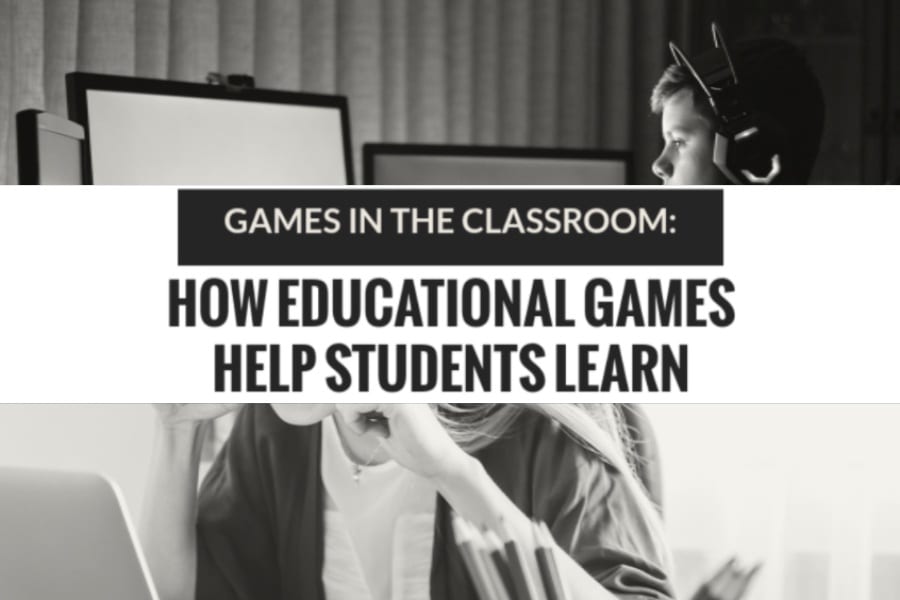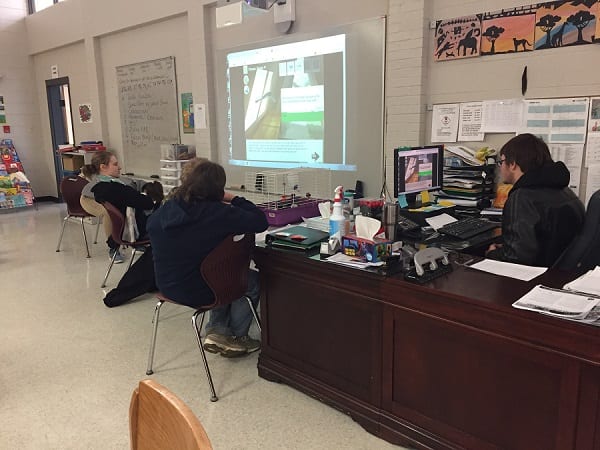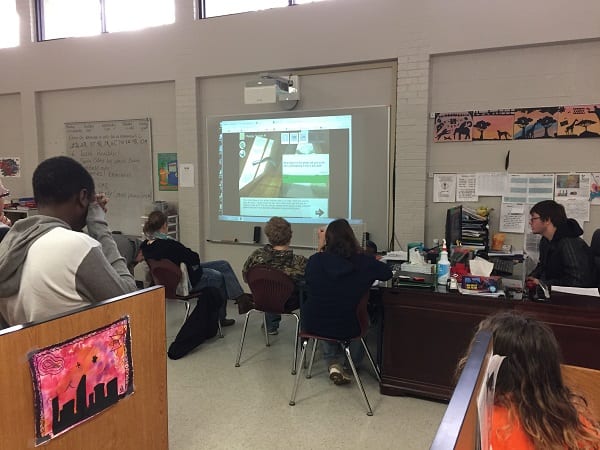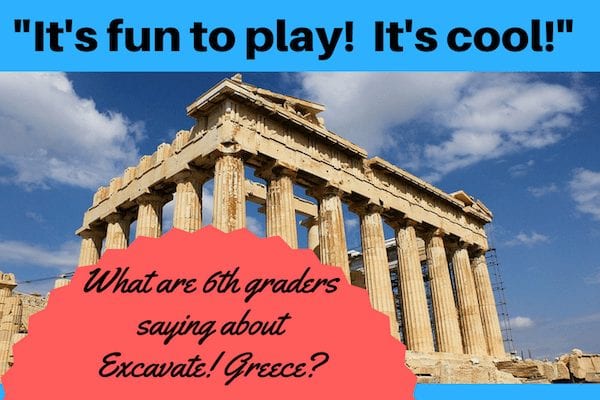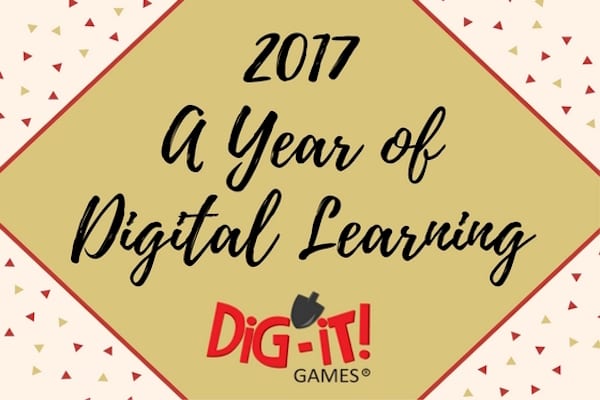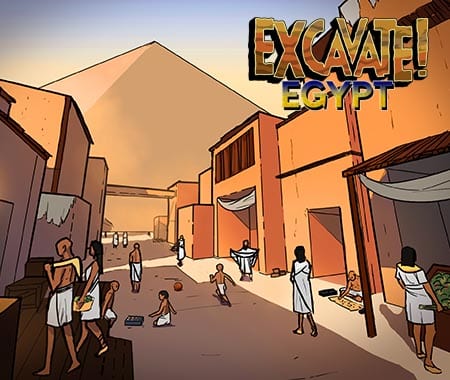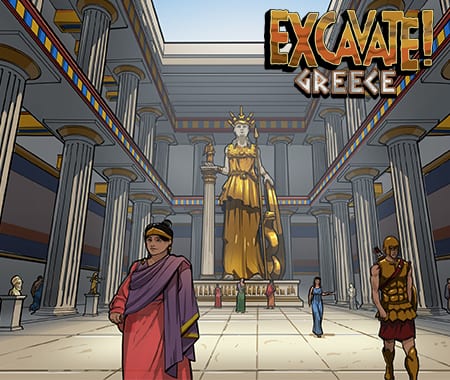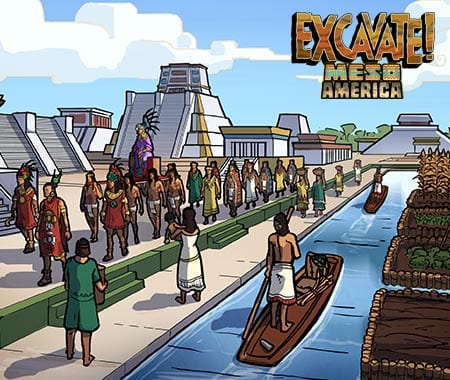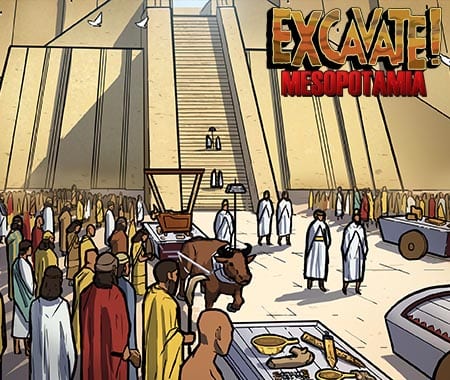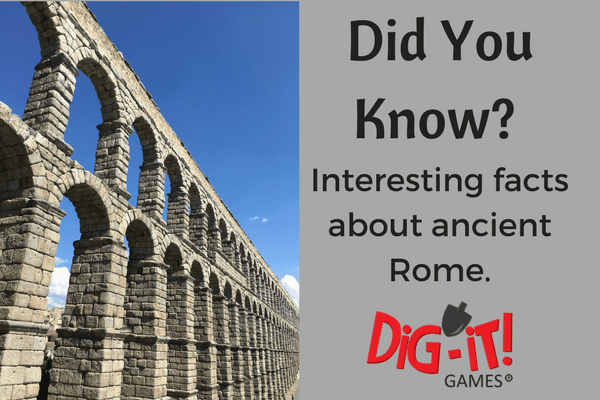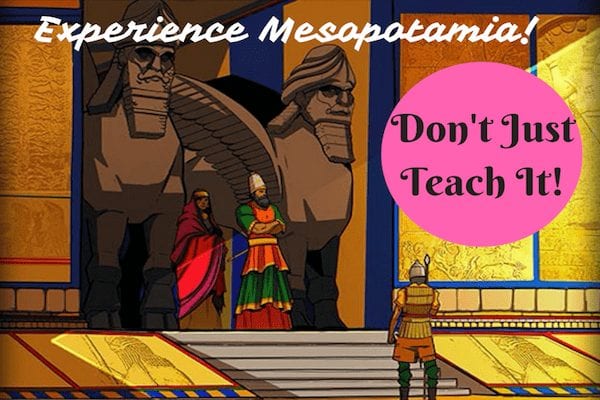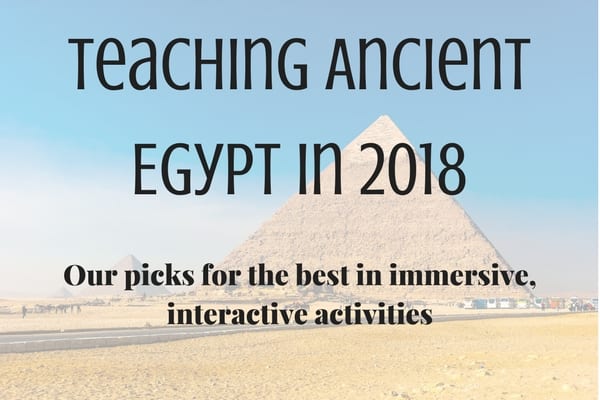Stop Summer Learning Loss…While Having Fun!
As the school year rolls into the summer, we are all looking forward to warm weather and vacations. However, just because school is out doesn’t mean learning should come to a stop. Without any sort of academic practice, kids can experience summer learning loss which puts them at a disadvantage when the school year starts again. To combat this summer learning loss, fun activities, games, and events centered around learning are hugely necessary. On this post, we feature several ways to keep kids thinking hard during the long summer months.
Summer Learning Activities

Summer learning doesn’t necessarily need to be traditional classroom learning. Activities that kids might not have had time for during the year can keep their minds active while providing something fun and different. Teach kids how to cook or set them to learning new arts and crafts that keep them creative.
Bringing them outside for science experiments or adventures can keep them active and soaking up the good weather while learning. After a good day outside, make your own ice cream to cool down or chill out in the AC for some reading time.
Essentially, it’s not neccesary to concoct whole lesson plans to stop summer learning loss. Simply make sure that activities get planned and resources are available to keep kids’ minds working and thinking creatively. For a full list of suggestions, We Are Teachers and Education World have specific resources for families in the summer. All of these are easy plans for a weekend excursion depending on parents’ work schedules.
Educational Shows & Videos

One of the benefits of modern technology is the sheer amount of educational programming you can find out there. However, not every source teaches effectively or impartially. Finding the right sources can be hard, especially if you rely on streaming services. We recommend a few unconventional services for various ages below.
CrashCourse offers a literal “crash course” on almost every topic you could imagine. It began with a focus on history but expanded into science, literature, and more. The lessons are presented in comic form with cute figures and animations providing context for the actual facts being presented.
Khan Academy is a pretty well-known resource now, but it is still worth mentioning. The free service has everything you could possibly need, taught by experts in the field. It even includes test prep for students who want to start getting ready for SAT and other big tests over the summer.
As we’re a game company, we have a fondness for Extra Credits, a channel that not only covers topics in game design but also in history and science fiction. Like CrashCourse, they offer their lessons in animated form, but their videos focus on more specific topics rather than providing wider overviews. For kids who are fond of games, their main Extra Credits series offers a great way to learn about the industry and the inner workings of their favorite games. Speaking of which, games themselves offer ways to learn during the summer!
Game-Based Learning
Our educational games work well in classrooms, but they also can be used to keep learning going outside of it. Not only are educational games fun, they sneak learning in almost before you can realize it. Excavate! offers a fun way to delve into ancient cultures while ExoTrex literally rockets you into the future of space.
Our games aren’t the only educational games out there and a quick web search will open up a whole host of games for kids of different ages to play. From TeacherGaming (whose Odyssey game we reviewed) to iCivics, our fellow game-based learning companies offer great products for combating summer learning loss.
Learn More About Summer Learning Loss

The organization Summer Learning dedicates itself to combating summer learning loss in communities across America. Their website includes information on why summer learning matters and how summer learning loss can be harmful. For a summary of what exactly summer learning loss can entail, check out the statistics from Oxford Learning.


